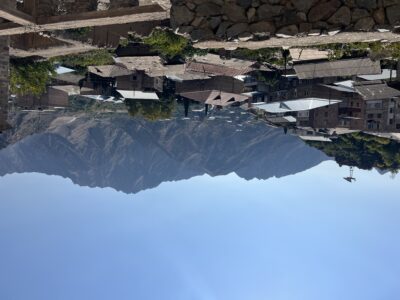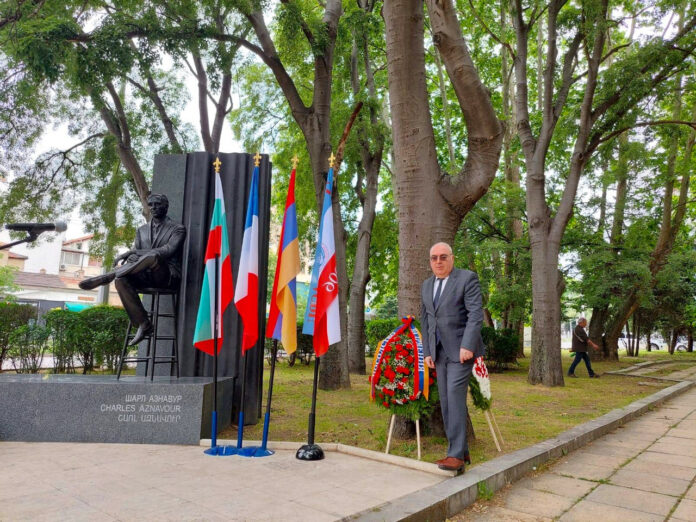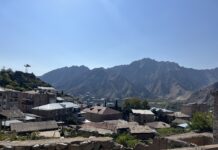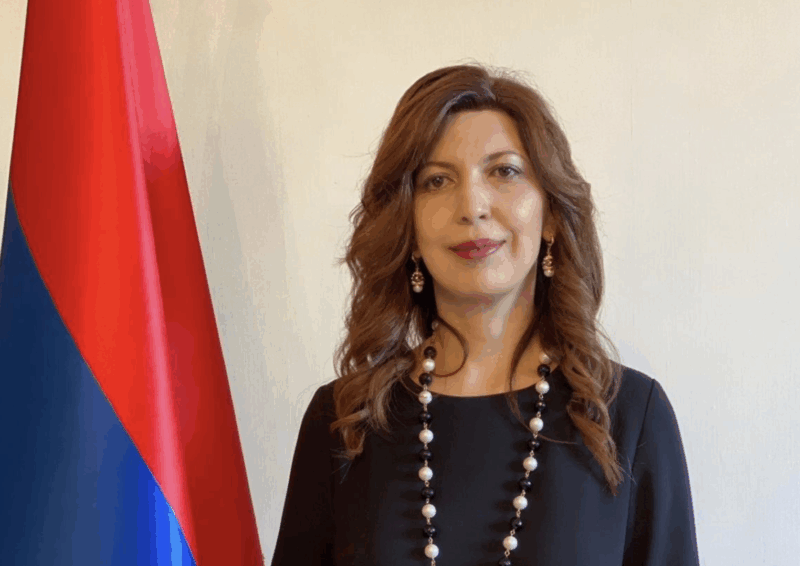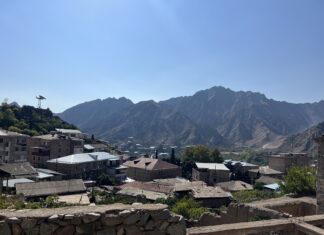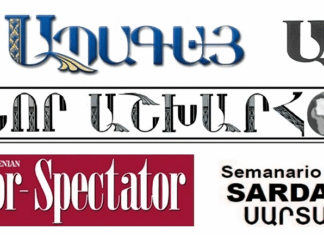SOFIA — Last week’s signing of a long-awaited peace accord between Armenia and Azerbaijan holds out the possibility of a regional economic bonanza — and at least one of Yerevan’s allies is seeing green.

Historically, culturally and politically, Bulgaria ranks among Armenia’s best friends in Europe. Yet when it comes to business, there isn’t that much to talk about. According to Bulgaria’s Ministry of Economy, total trade between the two in 2024 came to $75.8 million, nearly triple the $25.5 million recorded in 2014. And 97% of that was Bulgarian exports to Armenia.
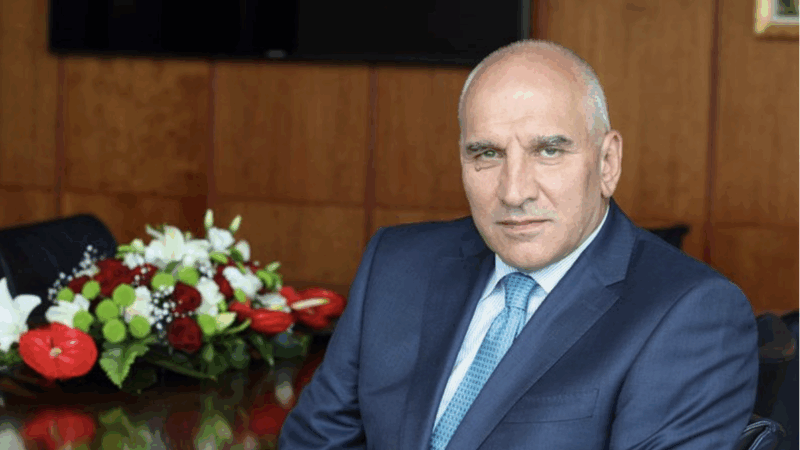
Levon Hampartzoumian would like to change that.
On July 17, three weeks before President Donald Trump’s White House summit bringing together Armenian Prime Minister Nikol Pashinyan and Azerbaijani President Ilham Aliyev, the Sofia businessman formed the Bulgarian-Armenian Chamber of Commerce and Industry.
“This is a brand new thing,” Hampartzoumian said in a phone interview Monday, August 11. “Everybody is expecting that in coming years, the tensions between Azerbaijan, Armenia and Turkey will be subdued, if not disappear. So it’s time to become more pragmatic.”
Hampartzoumian, 71, is currently chairman of the board and CEO of UniCredit Bulbank. For a brief stint in 1999, he was Bulgaria’s minister of economy, and from 1997 to 2010, he served as Canada’s honorary consul in Sofia.
